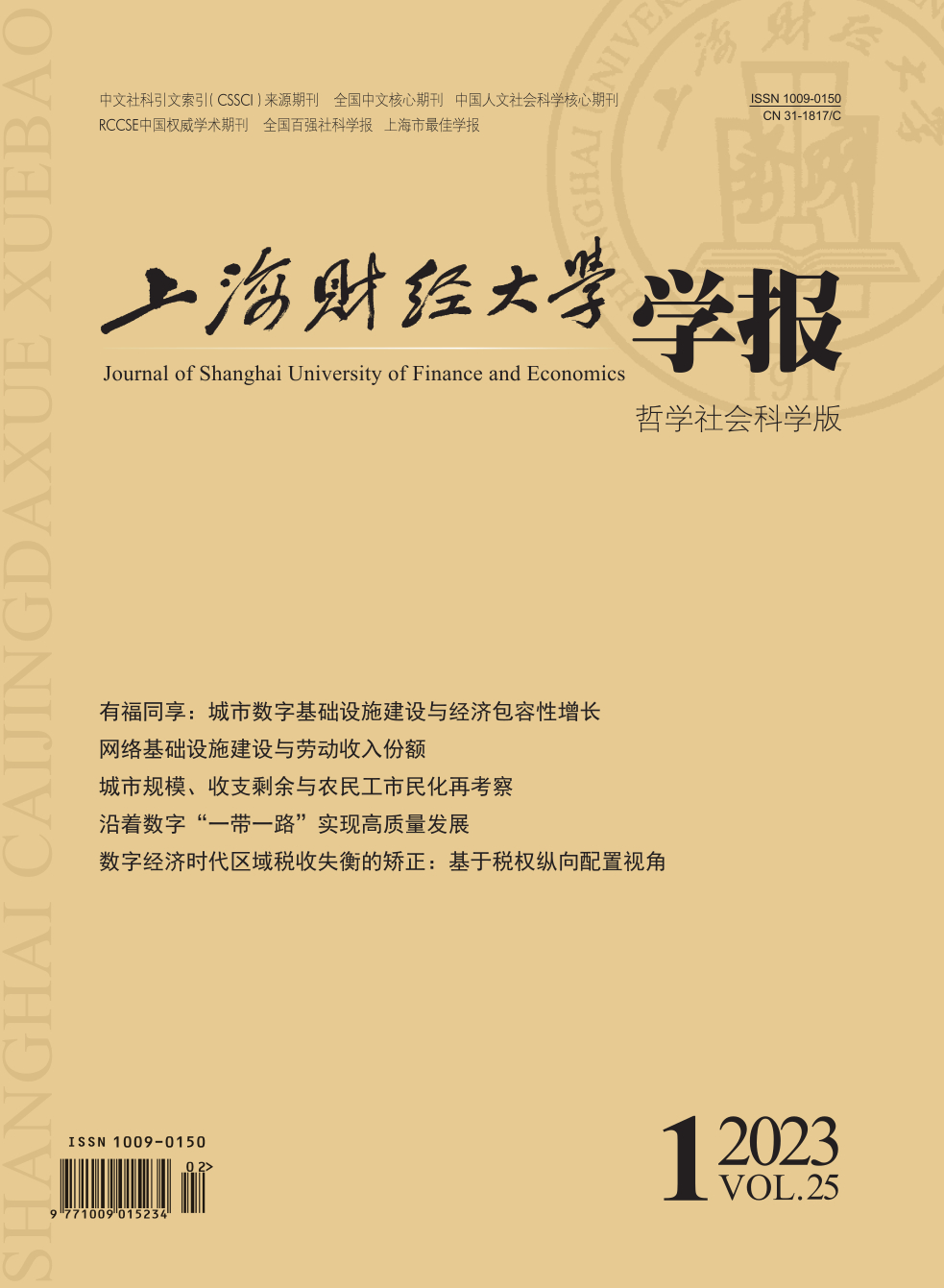The digital economy has such characteristics as virtuality, disintermediation, and brand-new value-creating models. As a result, it does fit the traditional tax governance system, leading to an increasingly prominent problem with imbalanced regional taxation. This phenomenon not only runs counter to the current requirement of common prosperity, but also is conducive to the construction of the unified national market. In the era of the digital economy, how to further optimize the tax structure to address the challenges brought about by new development patterns has become a difficult issue in domestic tax law governance. As the core of the tax governance system, the effective allocation of taxation powers profoundly affects the solution of many tax dilemmas. Especially, the vertical allocation of taxation powers would determine the operation of the local tax system. Taking the vertical allocation of taxation powers as a starting point, this paper tries to further clarify why the vertical allocation of tax powers has led to imbalanced regional taxation in the digital economy. By drawing on the experience of the United States, this paper attempts to forge a system of vertical allocation of taxation powers adaptive to the development of the Chinese digital economy, so as to play its rectification functions and realize the correction of imbalanced regional taxation in the digital economy. The essential reason for imbalanced regional taxation lies in the unreasonable vertical allocation of traditional taxation powers such as the narrowed definition rules for tax collection and management power, the abuse of the power to formulate tax preferential policies, and the rigidity of tax revenue distribution systems. It leads that the less-developed regions in the digital economy have fallen into double troubles: eroded tax bases and unfair sharing of taxes. Optimized vertical allocation of taxation powers is a realistic and feasible path to correct imbalanced regional taxation. The openness of the digital economy requires that tax rules be gradually moved out of the closed system, and a moderate decentralization in the vertical allocation of taxation powers is the key to achieve effective governance. In the United States, its different states have taken the lead in exploring interstate tax benefit equalization based on tax autonomy, due to a more decentralized vertical allocation of taxation powers. The Wayfair case and the legislation attempts by different states provide a reference paradigm for China’s domestic tax governance. We may effectively correct imbalanced regional taxation and promote the orderly development of the digital economy by taking the following measures: Reconstruct the allocation system of tax collection and management power to mitigate the negative externality impact on local finance caused by tax-base erosion and profit shifting at the level of institutional supply; standardize the operation of local tax-preferential policy formulation power to enhance the inter-regional allocation efficiency between digital and market resources; construct a vertical allocation system of taxation powers that adapts to the development of the digital economy, and give full consideration to the differences in tax endowments to ensure the realization of substantive justice; and appropriately expand local tax legislation power to promote the active participation of local governments in the tax governance of the digital economy.
 / Journals / Journal of Shanghai University of Finance and Economics
/ Journals / Journal of Shanghai University of Finance and EconomicsJournal of Shanghai University of Finance and Economics
LiuYuanchun, Editor-in-Chief
ZhengChunrong, Vice Executive Editor-in-Chief
GuoChanglin YanJinqiang WangWenbin WuWenfang, Vice Editor-in-Chief
Correction of Imbalanced Regional Taxation in the Era of the Digital Economy: Based on the Perspective of Vertical Allocation of Taxation Powers
Journal of Shanghai University of Finance and Economics Vol. 25, Issue 01, pp. 108 - 123 (2023) DOI:10.16538/j.cnki.jsufe.2023.01.008
Summary
References
Summary
Cite this article
Li Rui, Li Peixuan. Correction of Imbalanced Regional Taxation in the Era of the Digital Economy: Based on the Perspective of Vertical Allocation of Taxation Powers[J]. Journal of Shanghai University of Finance and Economics, 2023, 25(1): 108-123.
Export Citations as:
For
ISSUE COVER
RELATED ARTICLES




 5700
5700  8865
8865

